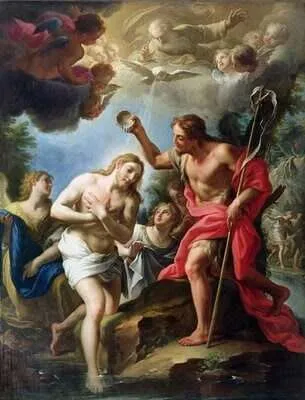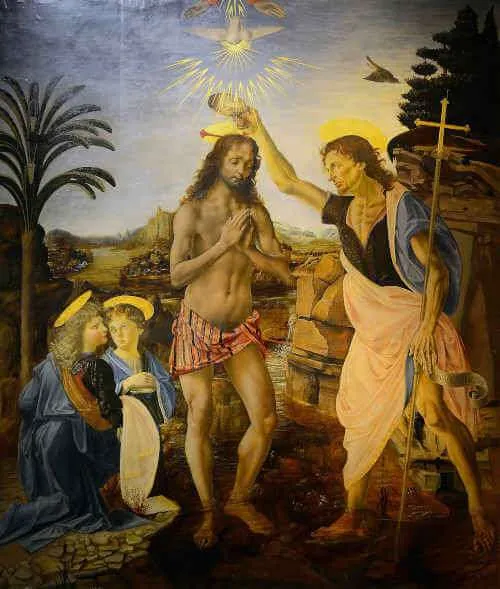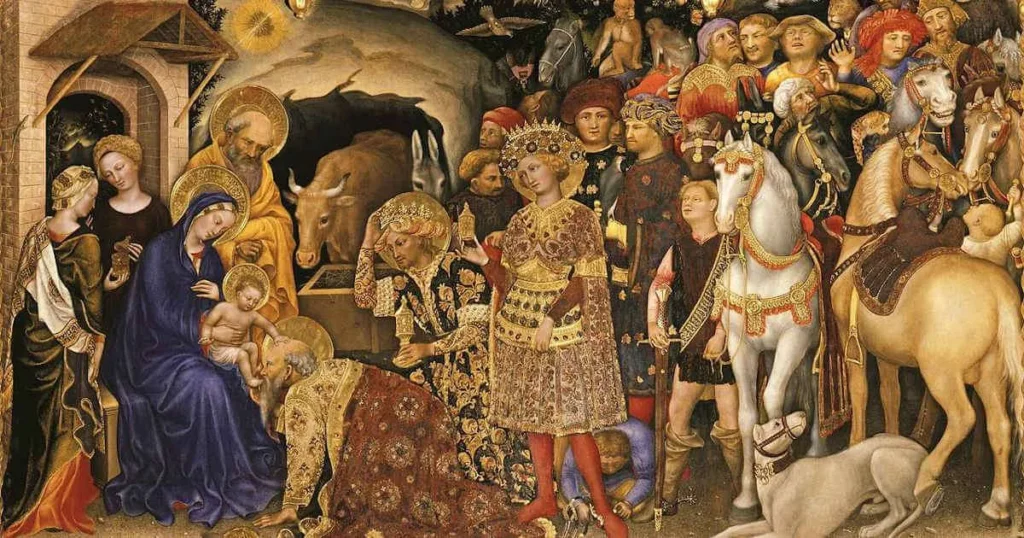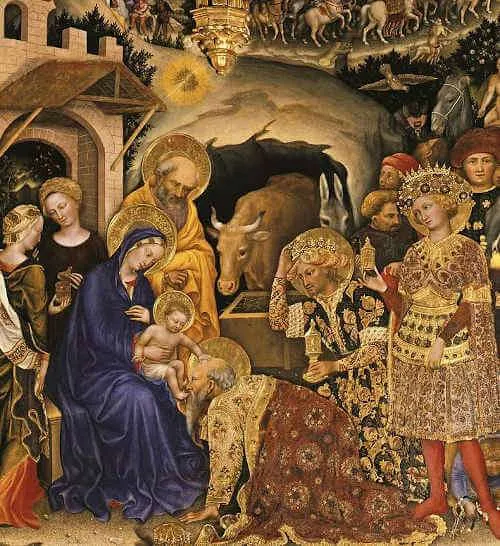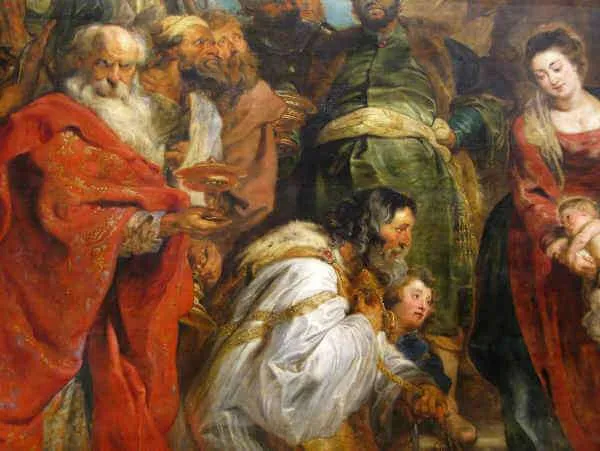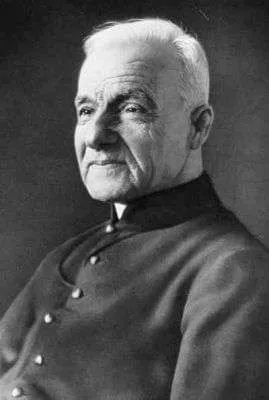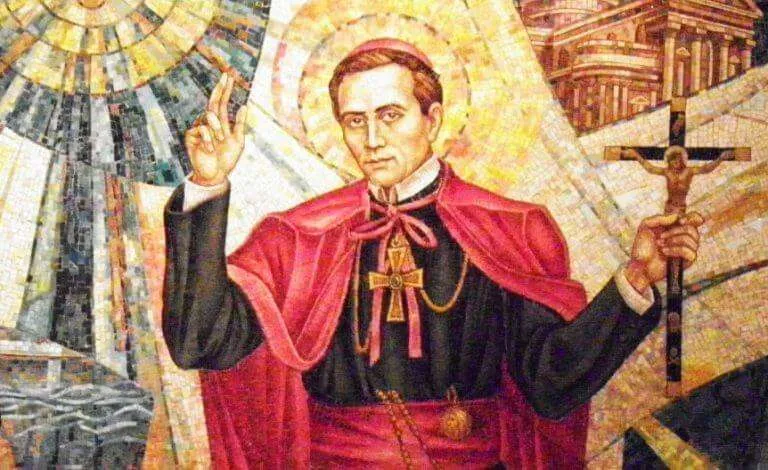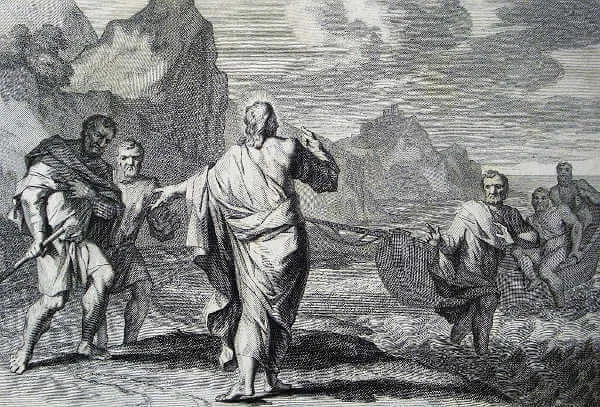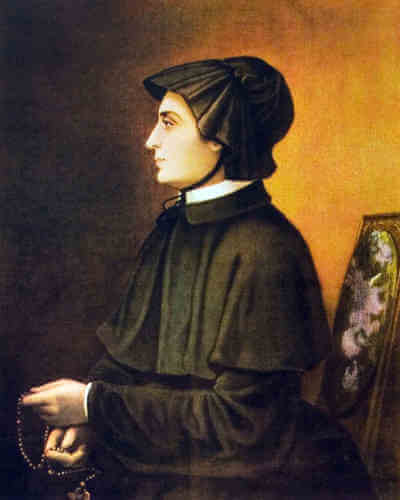Baptism of the Lord
The Feast of the Baptism of the Lord is a liturgical bridge that connects the Christmas season to Ordinary Time. During the Christmas season we pondered the Incarnation, Nativity, Presentation in the Temple, and Epiphany. Today, we see Jesus manifesting Himself to the world as He began His three years of public ministry.
Jesus begins His ministry through an act of deep solidarity with the fallen human race. John the Baptist had been preaching in the desert and offering a baptism of repentance. John’s baptism was not the same as our baptism today. Instead, it was only a sign of one’s willingness to turn away from sin and turn toward God. Jesus, of course, had nothing to repent of. He was sinless in every way. But that didn’t stop Him from freely choosing to receive the baptism of repentance. Why would He do that?
Simply put, Jesus chose to unite Himself with fallen humanity, taking upon Himself our own sins and suffering their consequences. He humbly allowed Himself to be identified as a sinner in need of repentance. This was done out of love for us and out of His longing to become one with us so that we could become one with Him.
By bowing His sacred head to receive the baptism of repentance, Jesus united Himself and His divinity to everyone who had already chosen to repent. And He gave power to every forthcoming act of repentance others would make, even until today. When we repent today, we meet Jesus in that same water of repentance.
It was not only the Eternal Son Who was present at that baptism of repentance, but the Father and the Holy Spirit as well. The Spirit descended upon Jesus in the form of a dove, and the Father’s Voice spoke to acknowledge His oneness with His Son.
Therefore, every time we make a humble act of repentance, such as when we combine the crucifixion, the Trinity, and holy water upon entering a church and blessing ourselves, we not only meet our Lord but also receive the outpouring of the Holy Spirit and share more fully in our adoption as sons and daughters of the Father in Heaven.
As we commemorate Jesus’ baptism liturgically, we celebrate the fact that our Christian baptism was the beginning of this new unity with the Holy Trinity. But we also celebrate our oneness with God, which is renewed every time we make an interior act of repentance for our sins. If we fully understood what happens every time we acknowledge our sins and repent of them, we would never grow tired of repenting. Every time we acknowledge and repent of our sin, we meet Christ anew, receive a greater outpouring of the Holy Spirit, and affirm and deepen our adoption by the Father in Heaven.
Source: https://mycatholic.life/saints/saints-of-the-liturgical-year/baptism-of-the-lord-feast/
Baptism of the Lord Read More »


